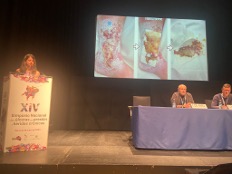
Antoni Parcerisas Mosqueda
Member of Research Line in Neuronal plasticity in Health and disease
E-mail: antoni.parcerisas@uvic.cat
ORCID: 0000-0002-3204-9285
Scientific Profile: URECERCA
Brain training mechanisms are crucial to understanding the processes involved in signal transduction, memory and learning. His research career focuses on the studies of neurodevelopment and neuronal plasticity. During her PhD, she studied the role of the cell adhesion molecule, NCAM2, during brain development. Currently, he focuses on the study of the process involved in the development of the cortex and synaptogenesis. He has experience in neurodevelopmental research, focusing on the biological and cellular mechanisms involved in the proper formation of the brain.
PhD in Biomedicine (UB, 2017) and Degree in Biochemistry and Chemistry (UB, 2011 and 2012).
My last happenings:
A mammalian-specific Alex3/Gαq protein complex regulates mitochondrial trafficking, dendritic complexity, and neuronal survival
Article: A mammalian-specific Alex3/Gαq protein complex regulates mitochondrial trafficking, dendritic complexity, and neuronal survival Authors: Izquierdo-Villalba-Ismael, Mirra-Serena, Manso-Yasmina, Parcerisas-Antoni, Rubio-Javier, Del Valle-Jaume, J.Gil-Francisco, Ulloa-Fausto, Herrero-Lorenzo-Marina, Verdaguer-Ester, Benincá-Cristiane, D.Castro-Torres-Rubén, Rebollo-Elena, Marfany-Gemma, Auladell-Carme, Navarro-Xavier, Enríquez-Jose A., López de Munain-Adolfo, Soriano-Eduardo, Aragay-Anna, Link: https://www.science.org/doi/10.1126/scisignal.abq1007 Abstract: Mitochondrial dynamics and trafficking are essential to provide the energy required for neurotransmission and neural activity. We investigated how G protein–coupled receptors (GPCRs) and G proteins control mitochondrial dynamics and trafficking. The activation of Gαq inhibited mitochondrial trafficking in neurons through a mechanism that was independent of the canonical downstream PLCβ pathway. [...]










Leave A Comment